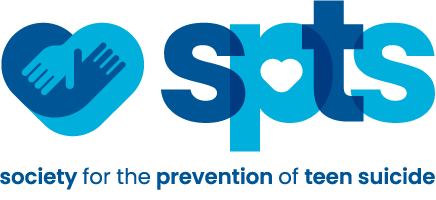I have heard about something called a “black box” warning related to the use of these psychotropic medications for children. What does this mean?
In 2004, the U.S. Food and Drug Administration (FDA) mandated that all antidepressant medication prescribed to children and adolescents indicate that use of this medication could result in an increase in suicidal ideation or suicide attempts. This warning was based on studies that showed 2 to 3% of pediatric patients that had taken this medication had experienced an increase in suicidal thoughts during the first four weeks of drug use. While there was not a single suicide in the studies, the “black box” warning does call attention to the importance of making sure that children or adolescents who are taking antidepressant medication be closely monitored by the prescribing physician early in the course of treatment or when medication is adjusted or changed.
If this type of medication can be so dangerous, why would you use it?
While medication isn’t usually necessary for milder forms of depression, it can be a very important and effective component in treatment for children and teens that are moderately to severely depressed.
Untreated clinical depression can be really incapacitating for kids, creating symptoms that interfere with their ability to perform in school and athletics, maintain friendships, interact at home… the list goes on. As a parent, you’re not in a position to make the medical diagnosis of depression, which is why it’s so important to consult with a physician. If your physician recommends the use of antidepressant medication for your child, ask for the following:
- Information that helps you understand depression as an illness
- Clarification of the risks and signs of suicidality
- Information that addresses the benefits and risks of medication
It’s important to remember that when the benefits of medication outweigh the risks, antidepressants- when carefully monitored by patient, family, and physician- have proven to be very effective in the treatment of depression.
So if medication is effective, do I need to do anything else?
Yes! Medication is only one piece of the treatment equation. Several studies have shown that a combination of medication and talk therapy (counseling) is really the most successful form of treatment. And as a parent, you want to remain an advocate for your child. Continue to monitor the effects of the medication, be alert for side effects, and if you’re concerned about the progress of treatment, consider getting a second opinion.
These questions only touch the surface of the things that are important for you as a parent to understand when initiating a mental health referral for your child. They are a start but here’s some other places you may want to check for additional information:
http://www.nimh.nih.gov/health/find-help/index.shtml

